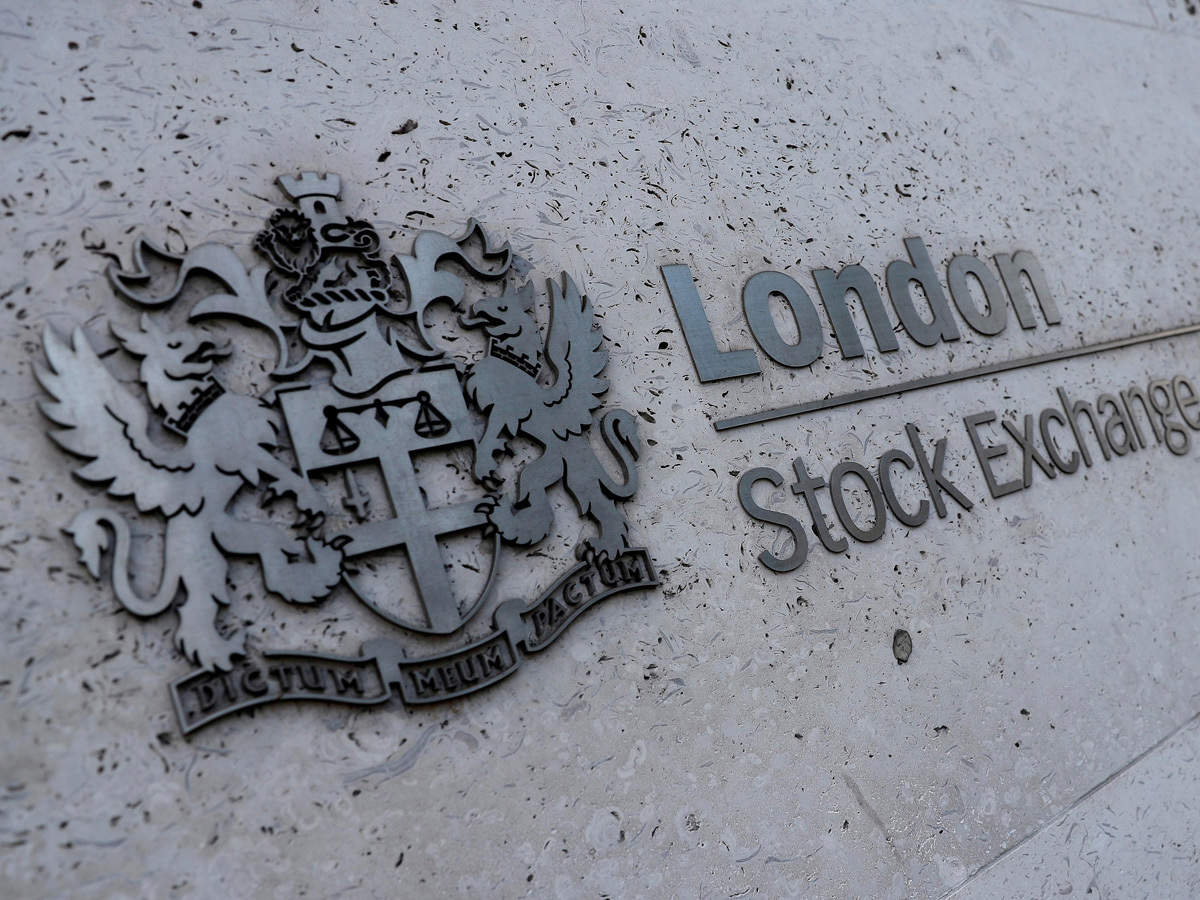When the London Stock Exchange (LSE) amended its listing rules twice last year it seemed a pragmatic but inspired move to adjust to changing times in the age of Brexit.
One of the benefits of the changes was to pick up the listings of special purpose acquisition companies (Spacs) that were becoming all the rage on other international exchanges like New York and Hong Kong, but the LSE rules, as they stood, did forbid the listing of such vehicles.
Yet, just as the LSE made these changes, the attraction of Spacs seems to be waning, at least if the examples in the US are anything to go by.
In January alone, seven Spacs, which collectively aimed to raise more than $2.5bn (£1.85bn), have written to the US Securities and Exchange Commission to cancel their planned initial public offerings (IPO).
This follows five Spacs withdrawing their IPO plans in December, according to analysis of regulatory filings collected by data provider Sentieo.
Putting this number of 12 Spac IPO withdrawals in the past two months in perspective, there were only three withdrawals in the first 11 months of 2021.
So based on these numbers, the Spac could be in decline, or at least reached a peak.
As last year, Spacs raised more funds than traditional IPOs for the first time – collecting more than $160bn (£119bn) – helping to spur an excited narrative around them.
It seems that investor excitement over Spacs has declined in recent months.
Four reasons seem to be behind this diminishing interest: first, because of the poor performance post-IPO of many Spacs. Second, they are under more regulatory scrutiny. Third, a number of high-profile Spac scandals, and fourth, many Spacs have struggled to find suitable companies with which to merge.
Spacs have a deadline of between 18 months and two years to complete a deal after listing. If they don’t, all capital raised must be returned to investors.
Since the start of 2020, more than 850 Spacs have completed IPOs with around 600 are seeking a target. In the US, some 270 have registered with the SEC but have yet to list, according to Dealogic.
Spacs are just an updated version of an old idea: blank-cheque companies or shell companies that raise money by listing on the stock market and seek a merger with a target company.
The LSE’s changes to its listing rules followed two separate reviews: one by former Worldpay chief executive Ron Kalifa and the other by one-time EU financial services commissioner Lord Hill. Both urged the UK to make the jump into a brave new world of listing such vehicles.
It could well be that in their latest incarnation, after much enthusiasm, Spacs could prove to be short lived.





Comments